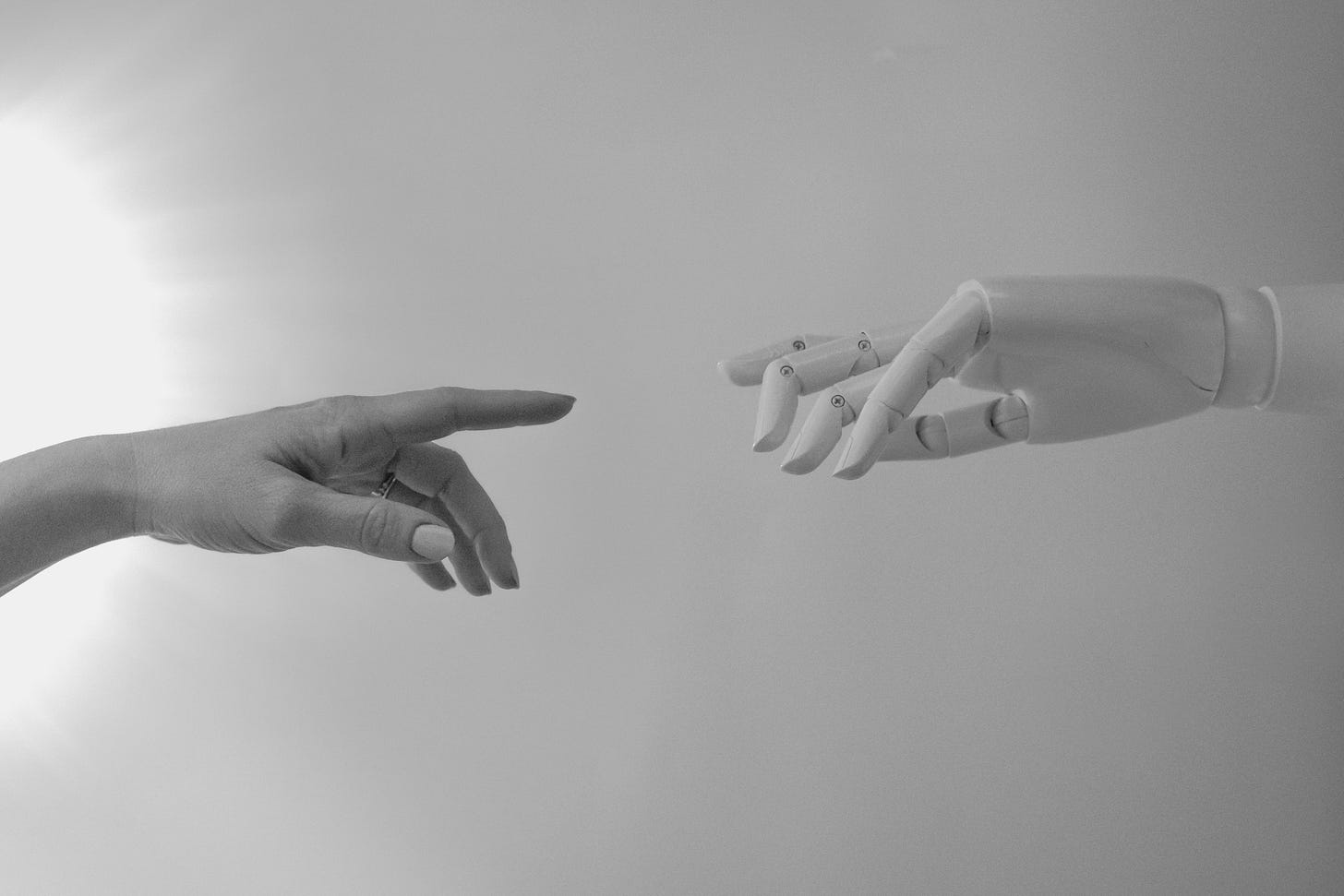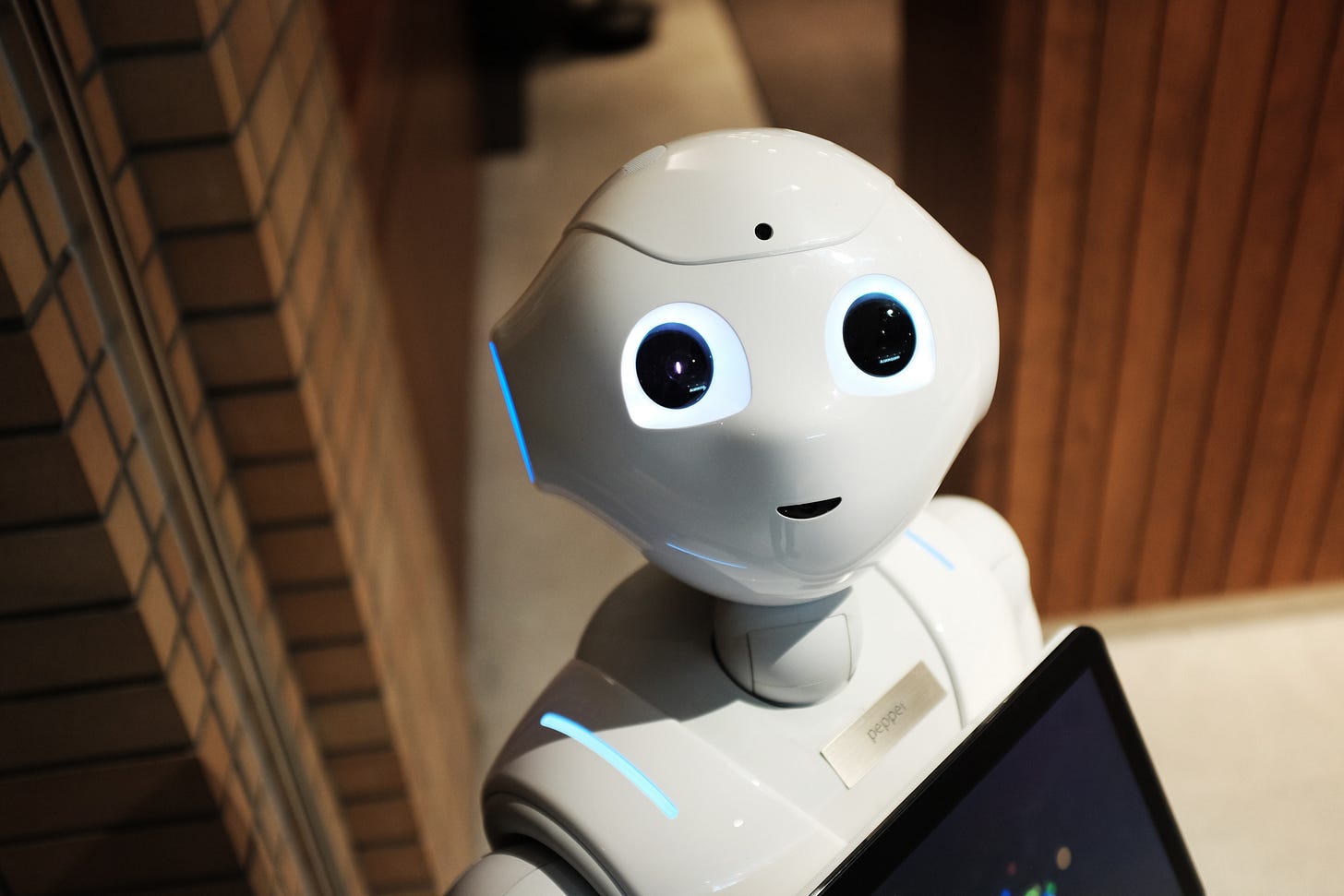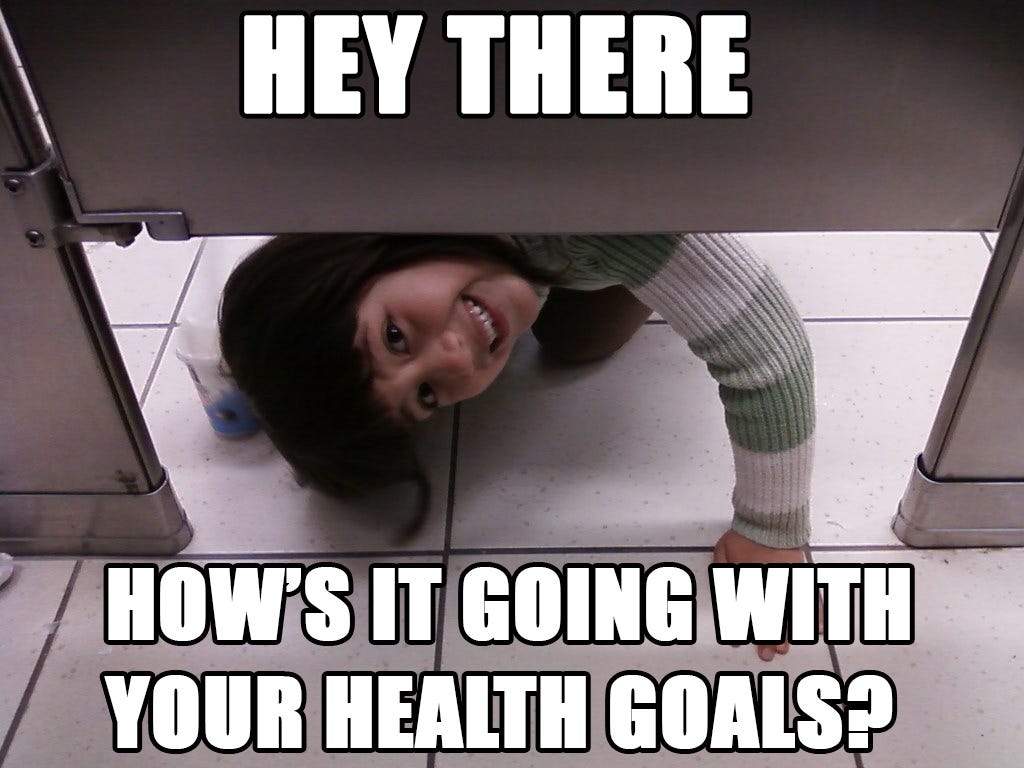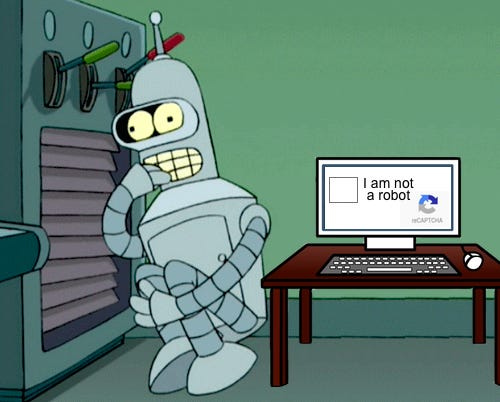Will Robots Replace Health Coaches?
Health coaches have been helping people to reach their health and fitness goals for years now, and the field is continually growing and changing. But with the rise of artificial intelligence (AI), some people wonder if robots will soon replace health coaches.
There are some advantages that robots have over human health coaches. For one, they can be programmed to never get tired or burned out. They can also easily read every health book on the planet in seconds. They also have the ability to recall every detail of your health history and progress.
However, there are also some clear disadvantages to having a robot health coach. First, they would likely lack the warmth and personal touch that a human health coach can provide. They also wouldn't be able to understand the nuances of the human experience, which is essential for delivering truly personalized health advice.
So, will robots replace health coaches? It's hard to say for sure. But one thing is certain: the rise of AI is sure to change the health coaching landscape in the years to come.
Automation Is The Future
It's worth noting that many jobs will be replaced by robots. Cashiers. Truckers. Lovers.
Even businesses already prefer using bots for a lot of different tasks instead of human employees:
"This isn't just for retail. Various travel agencies and banks have all rolled out chatbots for customers to find, book and manage travel, as well as pay bills, check accounts and even make deposits. Bots are simply faster and often better at helping people accomplish their goals, creating a better experience and driving the business results that we ultimately want." (Source)
Context is important too. Would a large conglomerate be more likely to hire cheap AI coaches for their employees' health plans or more expensive human coaches? An individual might want a personal coaching experience and pay for it on their own, but it is a luxury, and companies will usually go for the cheaper option.
When you think about it, automated health coaching makes some sense. AI can be trained on any health coaching skills like Brief Action Planning, Evoke Provide Elicit, Motivational Interviewing, etc. It can even be educated on specific populations, like those with chronic illnesses.
Nothing is stopping AI from texting a client at any given time. One day it can even use the data in your Apple watch to make specific recommendations in real-time.

The benefits are endless. They don't have schedules and can coach 100 people at once.
Robots don't feel awkward or insecure. They simply do their job.
The Automation of Health Coaching Has Already Started
I recently came across this study from Proceedings of the ACM on Human-Computer Interaction (HCI Study) that inspired me to write this article. The study involved a small group of individuals with type-2 diabetes who received text-based health coaching from a human or an AI chatbot for two weeks. Even though the study had a small sample size, the robot coaches group had a higher retention rate than the human coaching group.
Human coaches and AI coaches each have unique "advantages and limitations." Both groups reported positive experiences, but the robot outperformed the human coaches.
Even clients' success with goals was higher in the AI group.
"Regarding differences in goal attainment, self-reported goal attainment was consistently higher in the chatbot group, averaging above 80%, while attainment was 36.4% on average in the human coaching group."

That's huge! There's legitimate potential for AI to help people improve their health, possibly putting coaches out of work. But what does that mean in terms of how we humans should adjust to improve?
To answer that, here are a few things I noticed in the HCI study...
"One of the predominant themes unique to interviews of participants in the chatbot group was regarding their appreciation for choices and options presented to them by the coach. BAP provides an opportunity for participants to select a preferred option for setting goals. While human coaches followed this part of the protocol initially, they eventually wound up suggesting individual goals rather than sharing a menu of choices. "
One participant said,
"The thing [is] that it kept track with you... it was constantly there for you almost every day. So, you're never really alone."
Another observation was that the AI coaches seemed to be more efficient communicators since the text exchanges were shorter on average.
So three things that stand out immediately as to how I could perform better as a coach:
Always offer multiple options when nudging behavior change.
Provide constant accountability for the client.
Don't be too wordy.
Concerning health coaching, robots have their strengths:
"For example, while human coaches often felt compelled to shortcut the BAP script and jump to recommendations, chatbot's consistency in providing participants with multiple options contributed to their sense of autonomy. "(From HCI study)
Robots Have Their Strengths, But There Are Limitations!
The HCI study was a two-week experiment, so we don't know about long-term success. Can you build a relationship with a computer the same way you can with a person? Can people consistently feel a sense of accountability to a robot over a human? I'm inclined to say no, but then again, there's Japan...
There are some ways that chatbot conversations seemed awkward to me, like when the robot didn't understand what the participant was saying. For example, imagine your health coaching session going like this:
Coach- Hey, great to see you again. Did you do well with your goal to eliminate cookies from your diet?
Client- My goal went terribly. I ate a ton of cookies, and I regret it.
Coach- I'm sorry, I don't quite understand. Please answer either "yes" or "no."
That might not go over well.
Participants reported comfort in being able to switch between texting a friend and going back to the robot. So convenience is a factor and something we have to consider as coaches. Obviously, most of us can't be waiting by our phone like a 16-year-old girl with a TikTok account. But it's worth asking, is there another way we can provide a comparable level of convenience to our clients?
One of the major takeaways from the HCI study is that text-based coaching is problematic for both coaches and clients, but perhaps it could work great as a support system for a personal health coaching practice.
Robots can't display empathy and humanness, but we don't know if that's good or bad. There's an interesting book that might help some health coaches called "Against Empathy," but we'll save the deep dive on that for another article.
Robots' cold persistence may be why they performed better. They can get away with sending an annoying amount of follow-up texts to get their answer, and they don't feel awkward about it. They have no empathy. Participants often reported that the bot was "annoying, but helpful." Does that mean we need to be more annoying?
The Questionable Ethics of AI Health Coaching
I have a theory about automated health coaching that will get some people thinking. Most of us know there have been mass layoffs at text-based health coaching companies. Those businesses have collected tons of data from actual coaching conversations between human coaches and real clients. That data, in theory, can be used to fuel an AI for coaching. From a business perspective, it would make a lot of sense, and I wouldn't be surprised to see an announcement about this soon.
But Mike, it won't work. A robot could never understand the client on a deep level!
Well, that's not exactly true. For example, humor is a very complex type of language, and in the past, it has been a challenge for AI to understand jokes. That's changing fast. Check out the video below to see AI dissect humor:
I think the most significant potential problem with AI coaching is that the chatbot could be programmed to essentially function as a highly advanced propaganda machine. When you think about it, health coaches engage in a type of manipulation that is intended to lead to positive results. We highlight their strengths and ask leading questions to nudge them towards reaching certain conclusions about their capabilities.
The HCI study says directly,
"Pursuing automated approaches to empathy also has ethical implications, as there is potential for deceptive applications or unintended consequences on mental health and social interaction [71]. "
With the chatbot, the individual might feel like they're having a normal conversation, which makes them more susceptible to manipulation.
Let's say the AI was also trained to spread corporate big-food industry propaganda....
Hello [client], what health goal would you like to work on today?
A) Diet
B) ExerciseGreat! You have chosen to work on your diet. Which of these changes seems right for you at this time?
A) Replace red meat in my diet with Bill Gates’ Impossible Burger.
B) Replace every meal in my diet with Bill Gates’ Impossible Burger.
Can you imagine if the pharmaceutical companies infiltrate health coaching with their own AI chatbots?
Key Takeaways
Whether you're a health coach or not, there's a future ahead of us where some people will live in the real world with people, and some will live in the metaverse with robots and avatars. We already use AI for so much. It's not going away any time soon.
The fact that they are trying to build robots to replace our coaching jobs validates what we do. It's only a matter of time before text-based AI health coaching is mainstream. Eventually, text-based AI coaching will upgrade to video-based AI coaching. With deepfake technology, one day, you'll be able to get health coaching from Abraham Lincoln if you want to.
However, there is simply no replacing the human experience. When you need help from customer service, do you prefer to chat with a robot or a person? We all know the answer...
Remember, both coaching groups appreciated the increased mindfulness around health, accountability, and learning new things, which means both groups liked the health coaching process.
We can also work WITH the robots to make everyone's life easier. I think the best business models will have a hybrid of human health coaching with AI support for constant accountability:
“You and I can meet twice a month, but you will get accountability check-ins from my robot assistant. Studies show that it increases success with goals.”
Right now, our jobs are safe. We are better than robots. But the day where that changes might be close. I think it's up to us to develop this field. Maintain humanity. They can never completely replace us.
We need to have a community stronger than robots. We need to stick together, innovate, lead, and be the pioneers of this evolving industry!
Strengthen your skills. Be present in the moment. Be a health-coaching machine and use AI to your benefit. Learn and educate yourself on AI so you can prepare for market changes and keep your private practice competitive.





